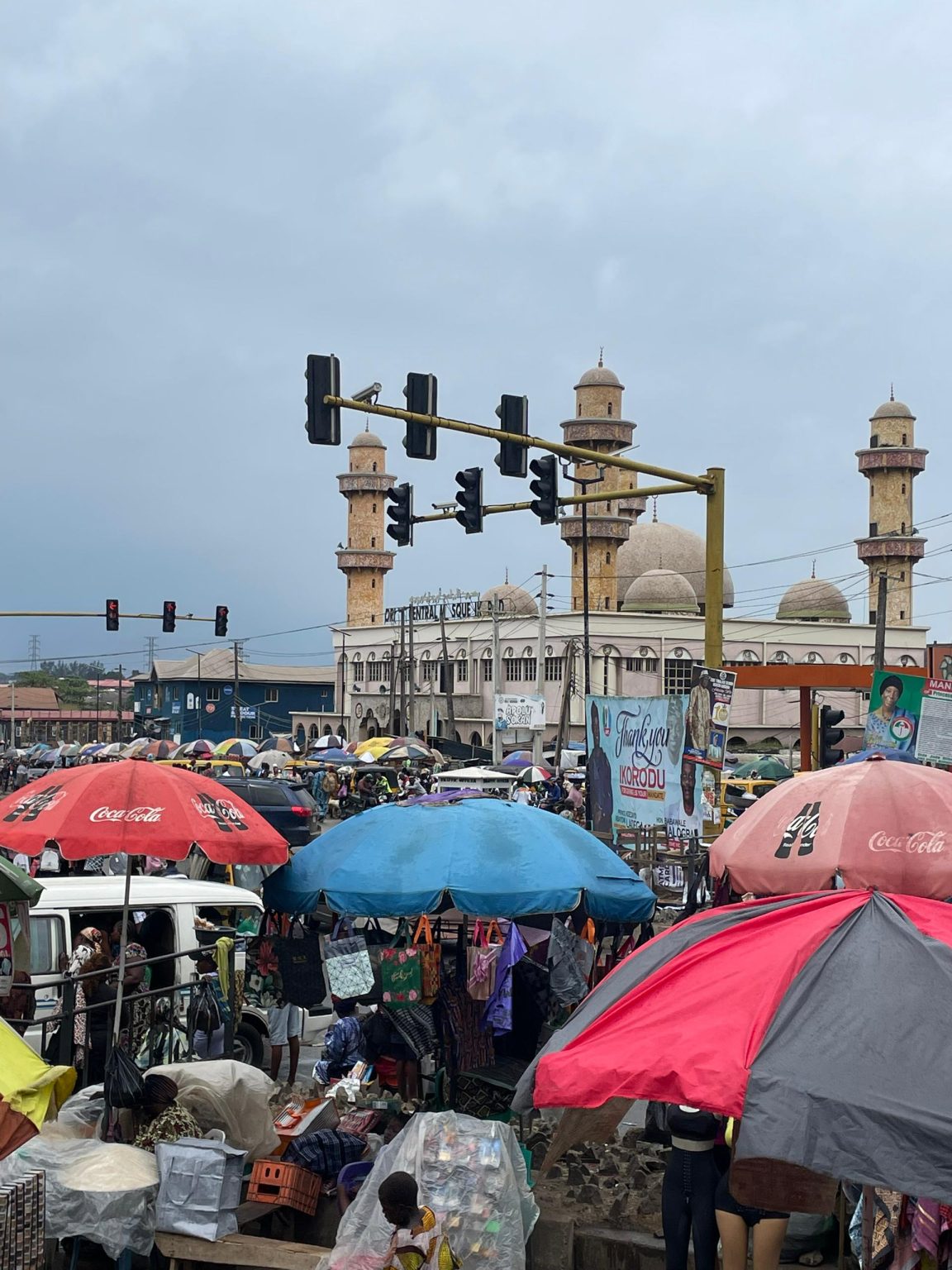By Fathia Idera
Ikorodu, one of Lagos State’s major cities, lies to the north-east of the state capital along the Lagos Lagoon, sharing a boundary with Ogun State. With a population of more than one million people, it ranks as the twelfth largest city in Nigeria and the second largest local government area in Lagos State. Growing at an annual rate of about 5.26 per cent, Ikorodu is projected to reach 1.7 million residents by 2035, according to recent demographic estimates.
Once a quiet stretch of farmland, Ikorodu has become a vibrant mix of commerce, culture and industry. The origin of its name reflects its humble beginnings. “Ikorodu” derives from the Yoruba phrase Oko Odu, meaning “Odu’s farmland.” Oral traditions recount that Odu, a courageous hunter and skilled farmer, was among the earliest settlers who discovered the fertile land. His farm became well known, attracting other families, hunters and traders. Over time, Oko Odu gradually evolved into Ikorodu as language and settlement expanded.
Read Also:
Lagos govt sympathises with Ikorodu residents affected by flash flooding
Lagos govt reaffirms commitment to sustainable water transport
As more people arrived, Ikorodu’s strategic location between the hinterlands and the coastal region made it a natural centre for trade. Farmers brought crops, hunters supplied game, and traders exchanged goods with the people of Lagos and neighbouring communities. These growing economic activities transformed the once-small settlement into an influential town.
By the 19th century, Ikorodu had established itself as a key commercial and cultural hub. Its people became renowned for their industrious spirit, excelling in farming, fishing, cloth weaving, trading and craftsmanship. The town served as a gateway for goods moving between the Yoruba interior and Lagos Island, cementing its role in regional commerce.
Beyond trade, Ikorodu is deeply rooted in Yoruba tradition and heritage. Its cultural values and institutions have been preserved through generations. Festivals, traditional ceremonies and the Ayangburen kingship continue to define its identity. The Ayangburen of Ikorodu, the traditional ruler, remains a symbol of unity and continuity, ensuring that the legacy of the forefathers endures amid modern change.
Historically, Ikorodu is also remembered for its resilience during the inter-tribal wars of the 19th century. The people defended their territory and maintained alliances that kept the community intact during turbulent times. These struggles helped forge Ikorodu’s reputation as a brave and determined settlement.
In the modern era, Ikorodu has evolved into one of the most dynamic parts of Lagos State. It has grown from farmland into a bustling urban city, now home to diverse industries, educational institutions, cultural centres and markets. The city reflects a seamless blend of tradition and modernity, where the spirit of hard work and communal pride continues to thrive.
Today, Ikorodu stands as more than a geographical location—it is a story of growth, resilience and transformation. From Odu’s humble farmland to a vital contributor to Lagos’ economy, the city embodies how small beginnings can blossom into greatness. Its history reminds us that behind every thriving metropolis lies the legacy of those who tilled the soil, built the culture and envisioned a brighter future.



